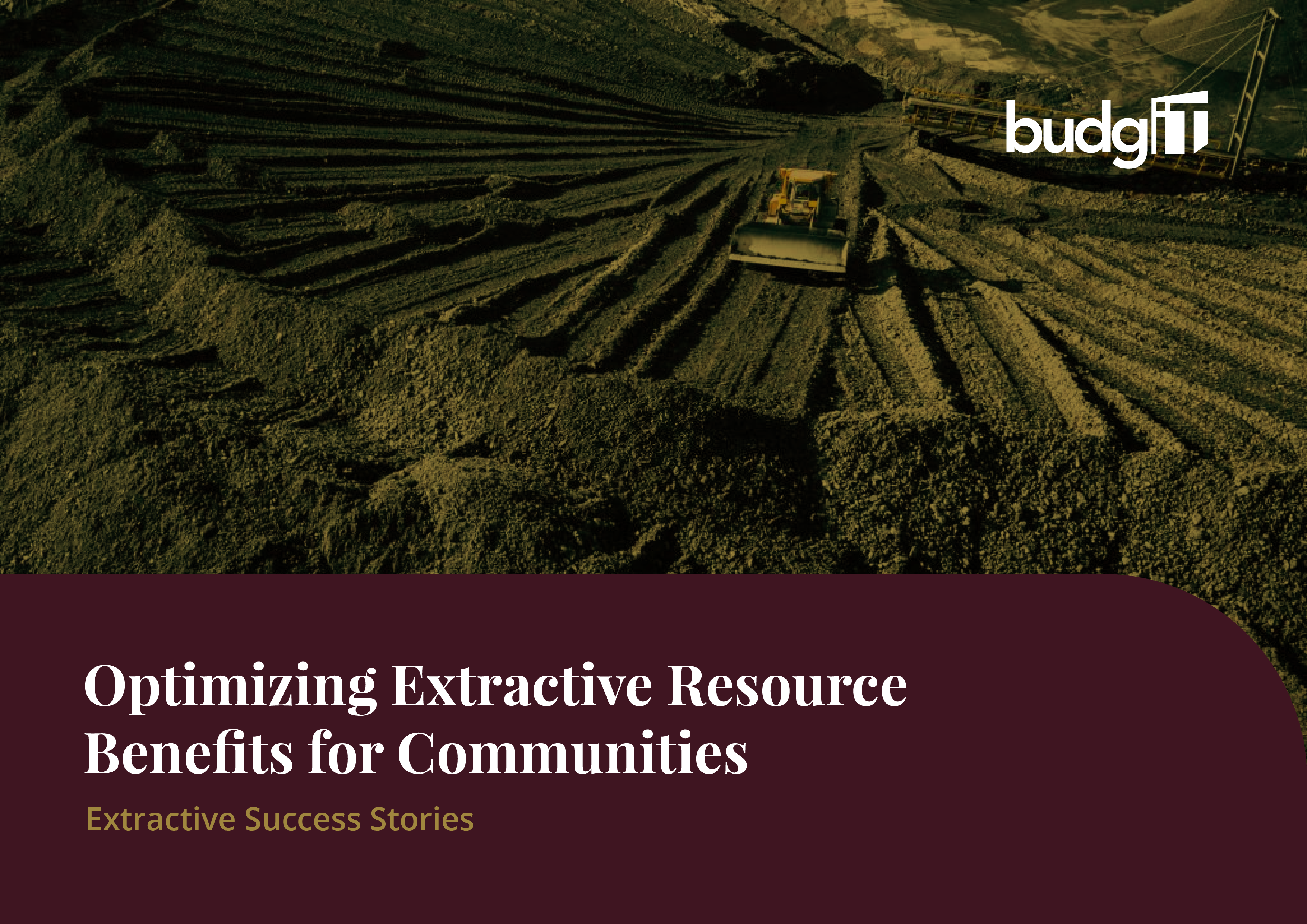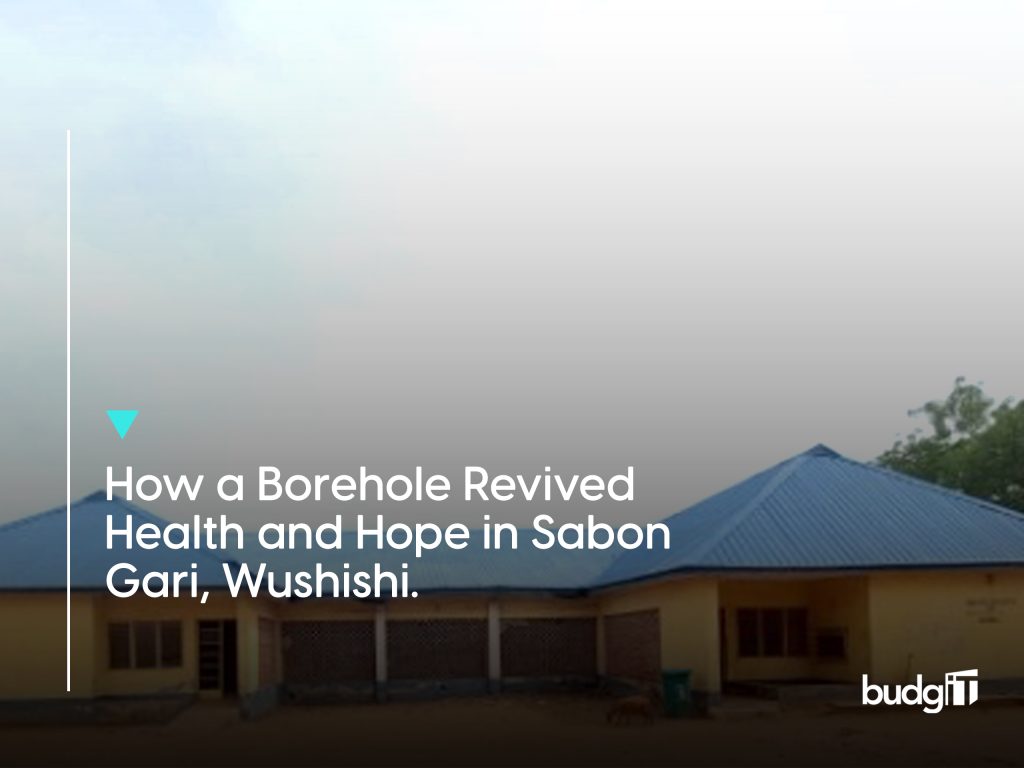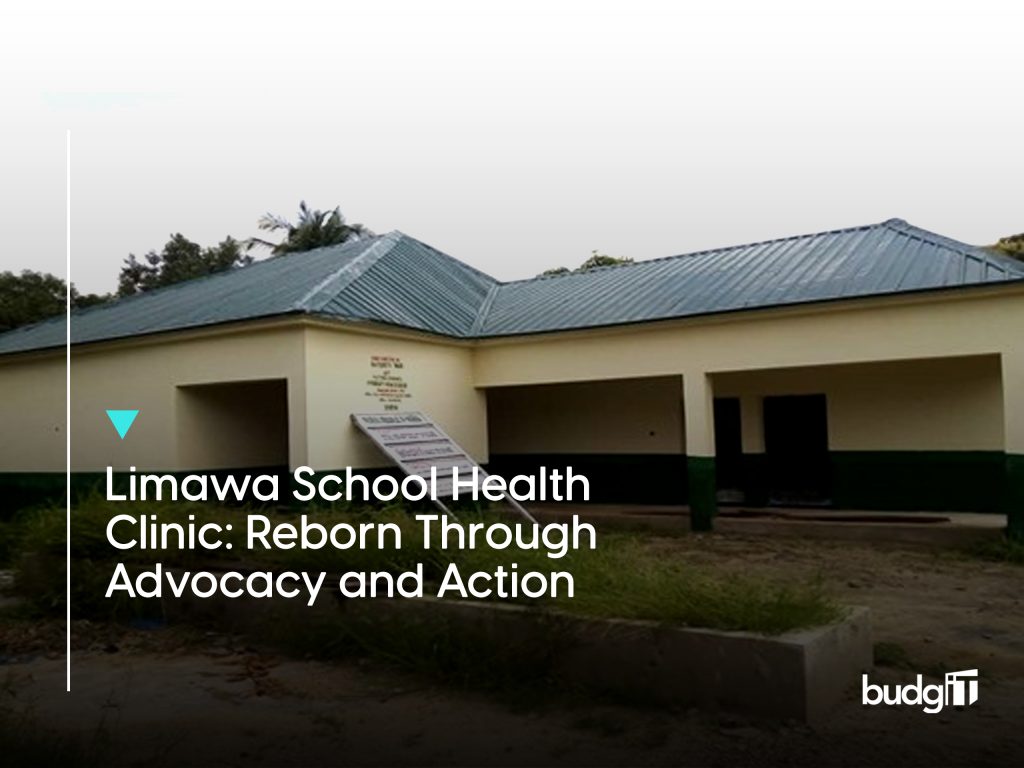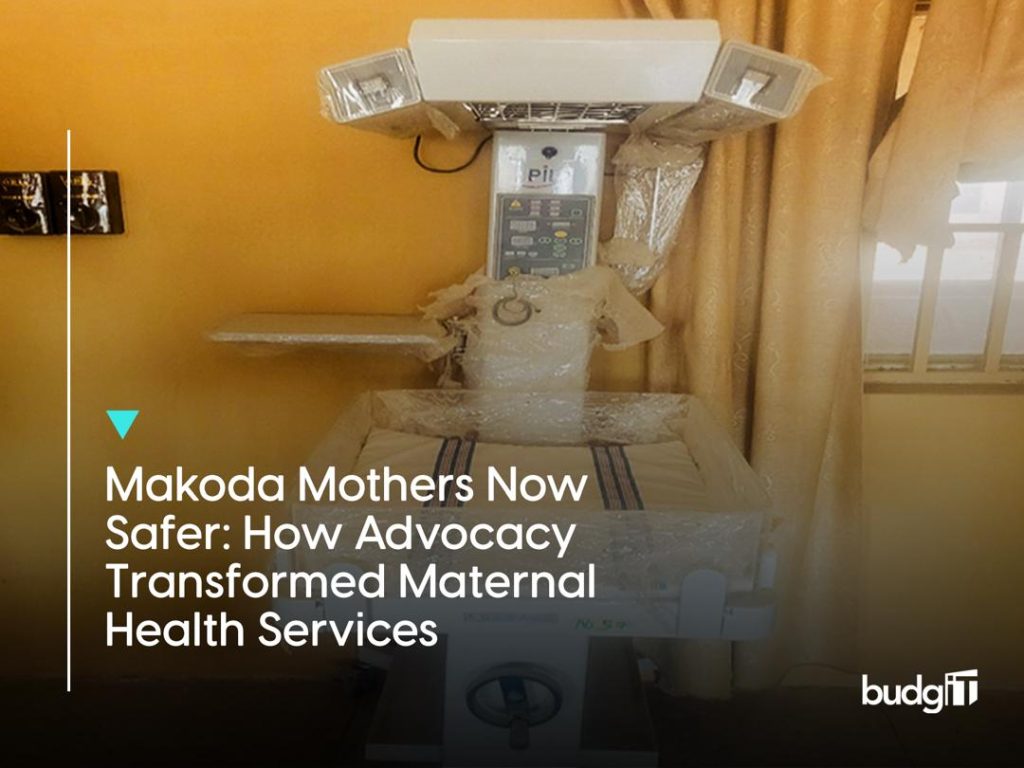Service Delivery Monitoring in Oil-Producing Communities in Nigeria
In November 2022, when we visited Mbiabong Ikot Etim Community in Ini LGA, Akwa Ibom State, they had been battling flooding issues which had caused them severe economic displacement. To prevent injuries and loss of lives, residents of Mbiabong lock themselves in their homes whenever it rains and floods.
Luckily, there was a N34m provision in the 2022 budget for Erosion Control and Flood Channelization (ERGP3153222) to address the problem. The project commenced and had been abandoned by the contractor for over four months. As such, the people of Mbiabong Ikot Etim gave up, as they were not new to the government’s abandonment of projects in their vicinity.
During our visit, which was facilitated with support from Ford Foundation, we sensitized them on the details of the project. We empowered them with information on advocating for social projects and steps to hold their elected leaders accountable, especially on revitalizing the abandoned project. The village head thanked us for the visit and engagement, and the community acted on the information we had provided them.
In January 2023, after several engagements with stakeholders of the agency in charge, the National Park Service, and the contractor, the contractor commenced work, and the project was completed in March 2023. The road was properly constructed with drainages, and there has been no flooding since the 2023 rainy season.
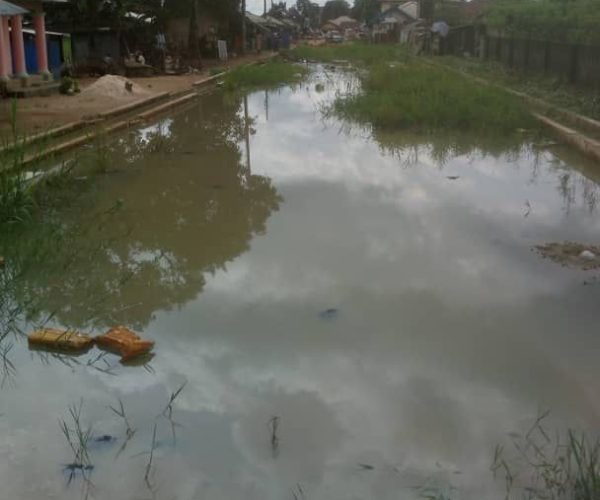
The flooded road before construction
“This is the first time in more than 12 years that we are not crying and lamenting during the rainy season. We are grateful you came to help us because they would have left the project and allowed us to continue suffering. Thank God you told us what to do, and we used that to disturb all of them plus the contractor,” Madam Ekanem, a farmer and trader in the community, told us.
Residents of Mbianong Ikot Etim can now experience a rainy season without rain flooding their homes and without being locked in and barred from trading and other activities.
This and several other success stories that we have recorded across 32 states in Nigeria reveal how the information gap in civic education and budgetary data contributes largely to underdevelopment in Nigeria. Our work is committed to building that gap and helping communities, especially oil-rich communities, to understand how governance and advocacy work and how to take charge of their collaborative development.
Civic Training and Empowerment
Our work is particular about raising the next generation of governance-conscious and oriented citizens. We believe the current generation of youth and the next are the key to unlocking Nigerians’ collective power to demand good governance from a democratic government.
With Ford Foundation’s support, we have trained 102 citizens across the focus states (Akwa Ibom, Bayelsa, Delta, and Rivers), comprising community-based organizations and our volunteer network tagged Community Champions, on the essentials of budget advocacy and project monitoring for community development. We were concerned about empowering local community structures as they are essential to community-led advocacy.
During the training, the participants were divided into groups according to their residential senatorial districts, and each group developed a strategic plan containing activities on ensuring quality service delivery of social capital projects domiciled in their communities in the 2022 Federal Government budget. This strategic plan provided a map for sustained engagement and mentorship for community-based organizations and community champions beyond the training.
